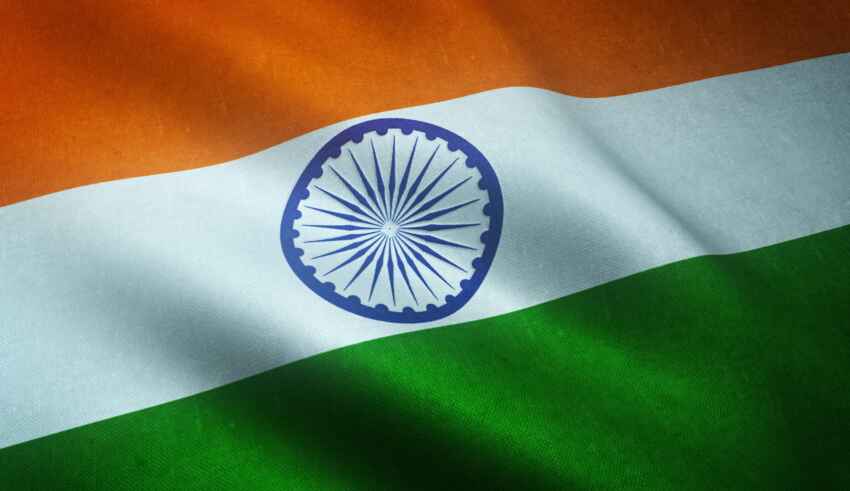
In 1994, India’s Supreme Court unequivocally stated, “Politics and religion cannot be mixed,” setting a precedent for the country’s secular constitution. Fast forward to January 22nd, and millions will witness Prime Minister Narendra Modi preside over the consecration of a contentious $220 million Hindu temple in Ayodhya. This ceremony marks the informal launch of his campaign for a third term, raising concerns among India’s 200 million Muslims and secular-minded citizens about the decades-long Hindu-nationalist project that seeks to dominate the nation.
As Modi stands at the site of a once-controversial mosque, now replaced by the grand Hindu temple, the symbolism is profound. His party, the Bharatiya Janata Party (BJP), built its early reputation on the Ayodhya issue, organizing rallies and events that led to the destruction of the mosque in 1992. While previous BJP leaders downplayed the party’s Hindu-first ideology, Modi, after a decade in power, appears less restrained, with radicals within the party gaining influence.
As Modi aspires to a third term, fearse mount that the Hindutva project, advocating Hindu nationalism, could intensify. Calls to replace mosques with temples and proposals to alter constitutional provisions for Muslim family law raise concerns about the erosion of secular values. Modi’s strongman rule has seen attacks on the pillars of India’s liberal order, including the press, charities, and opposition politicians.
Last December more than 140 Indian opposition politicians have been suspended from parliament after protesting against a security breach at the parliamentary premises. Since assuming power in 2014, the Modi government has faced accusations of eroding parliamentary democracy in India. Utilizing its robust parliamentary majority, the government has been criticized for targeting opposition parties and dissenting Members of Parliament (MPs). Many of them have experienced harassment and become subjects of criminal investigations initiated by central government agencies. Manish Tewari, a suspended MP from the Congress party, alleged that the government’s decision to suspend MPs was a strategic move to expedite the passage of various “draconian” criminal laws during the winter session. This suspension was clearly aimed at curtailing the opportunity for dissent and discussion on these legislative measures.
Simultaneously, Modi pursues an ambitious agenda of economic modernization. India boasts the title of the planet’s fastest-growing major economy and is now the fifth largest. Global investors commend its infrastructure boom and technological advancements. Modi aspires to be India’s most consequential leader since Jawaharlal Nehru, emphasizing national greatness through both wealth and religion. However, there is a growing concern that an assertive Hindu chauvinism coupled with illiberal values may undermine these economic ambitions.
Paradoxically, at the moment, this religious and political struggle occurs amid significant economic optimism. India’s growth surpasses 7%, with improved infrastructure, strong banks, massive currency reserves, and a simplified tax system. The country is becoming a unified market, attracting global investments. However, challenges persist. Job creation remains insufficient, human capital development is lacking, and some powerful firms wield disproportionate influence. All of this contributed to public discontent, which adds up to the concerns already widespread across parts of Indian society. Although Modi’s economic accomplishments have coincided with his religious agenda in the past decade, enabling him to push through reforms and maintain policy stability, a potential shift towards Hindutva and autocratic rule in his third term could alter this. Economic and religions ambitions are compatible, but up to a point. Arguably, the exacerbated social divides coupled with the growing north-south economic divide and concerns over authoritarian decision-making could jeopardize India’s economic stability and ultimately discourage international investors.
Therefore, as Modi starts his campaign for another mandate, the balancing act between religious agenda, autocratic aspirations and economic ambitions becomes crucial. It is sustained that, ultimately, for India to fulfil its dream of becoming a great power, Modi must exercise restraint rather than abandon it.
By The European Institute for International Law and International Relations













